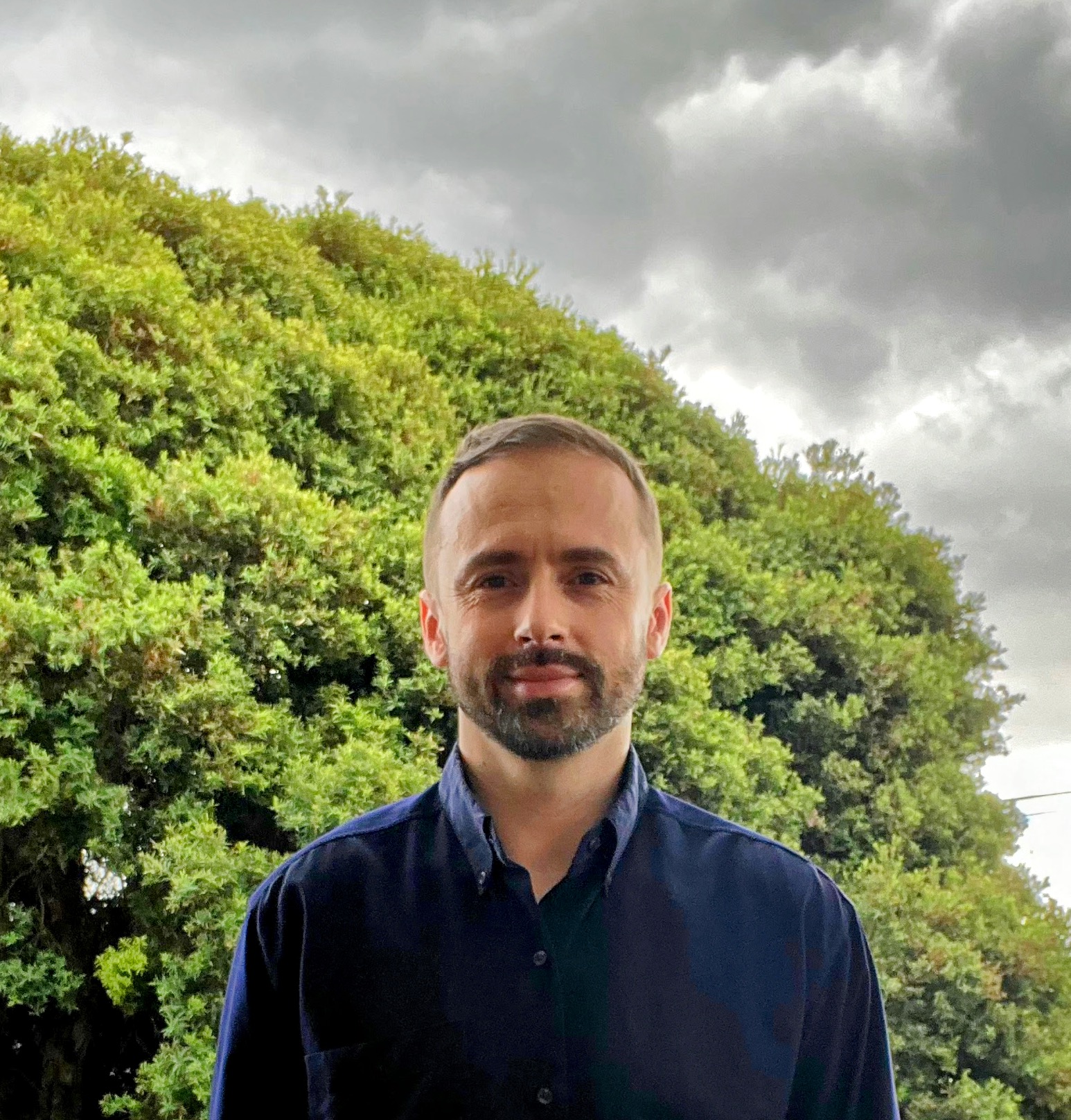Spotlight on… Dr Nerkez Opacin – RMIT University

Dr Nerkez Opacin, Research Fellow, RMIT University
The RECETAS partnership is rich in interdisciplinarity and expertise on topics related to mental health, loneliness and nature-based solutions.
How do our partners work on loneliness? How are they involved in RECETAS? Each month, one or more of our experts answer our questions!
🎤 Nerkez, can you briefly introduce yourself and the purpose of the organization you work for?
I am a Post-doc Research Fellow at the School of Global, Urban and Social Studies at the RMIT University. I consider myself extremely fortunate to have had the opportunity to investigate the nature-based activities in social prescribing in Melbourne, Australia, with such socially minded and engaged scholars as Professor Sarah Bekessy, Professor Katherine Johnson, and Dr Nicholas Hill. Community-engaged research is something I’m interested in conducting and diversifying. I have over 9 years of experience in the fields of program development, social research, project evaluation and higher education. My work intersects the fields of global studies, social anthropology and peacebuilding. I use a variety of qualitative research- and quantitative data analysis techniques, including interview and observation-based methods, working with focus groups, participatory action research, as well as multi-sited ethnography in close collaboration with local communities and the civil society sector to create research findings that can be employed to guide practice, programme design, and policy.
The School of Global, Urban and Social Studies at RMIT University is a community of globally involved, interdisciplinary and socially concerned scholars. Through action-driven teaching and applied research, they are directly involved in contemporary challenges our societies face concerning globalisation, sustainability, language, crime and social care. The School has strong industry connections while maintaining strong links to professionally recognised bodies in aiming to contribute to science and broaden the knowledge of students equipping them well for future careers.
🎤 With which public do you work in the RECETAS project? How do you approach working with vulnerable group of people in your research?
We are collaborating with individuals who identify as LGBTQIA+ refugees or asylum seekers for the RECETAS project here in Melbourne. Working with this specific cohort presents a number of difficulties, and our work is directly related to community involvement. For that reason, our main partner in this project is Many Coloured Sky which is an organisation that actively supports LGBTQI+ organisations with capacity building, planning and project development, and empowers those at the margins and intersections of LGBTQI+ communities to participate fully and equally.
Before joining the RECETAS Melbourne team I have been working, researching and evaluating grassroots interventions in post-conflict communities. This work entailed close work with people who experienced primary or secondary trauma and/or had other challenges in dealing with violent war-related pasts. I feel this has equipped me well in continuing my work with vulnerable groups of people here in Melbourne as well.
🎤 Can you tell us more about participatory and ethnographic research methods?
As a holistic qualitative method, ethnography is mainly descriptive. In addition to participant observation, it also includes a variety of data collection strategies from structured interviews, field notes, audio recordings, and surveys to “hanging around the corner” for a longer period of time. What I really like about this particular method is that ethnography can help identify and analyse unexpected issues. For example, when conducting different studies that are not based on in-situ observation, sometimes it can be easy to miss some unexpected occurrences. The reason for that can be as simple as not including a question in the survey or the participants not mentioning something.
Participatory research is another exciting method because it directly requires active collaboration with those affected by an issue that is studied for the intent to take action or implement change. As much as it is exciting it is also challenging as working with the community entails many unpredictable scenarios that require the
🎤 Can you tell us more about photo-elicitation as a method that will be used during your research on the RECETAS project in Melbourne?
One of the greatest parts about our Melbourne-based research team is that we have a variety of research backgrounds, which allows for the exploration of unique research approaches. Professor Katherine Johnson has a long history of being a remarkable researcher using photo-elicitation and photo-voice techniques. Her prior work in this area has greatly improved our methods as well.
While using this particular research method we hope to gain information that is otherwise difficult to reach through other forms. Furthermore, we aim to empower and give agency to other research participants and to enable the research findings to reach a wider audience that relies more on visual forms of information. Essentially, this will look like this in the field: throughout the course of the study, each participant will be instructed to shoot three to four images of nature per nature activity. These images will be utilised in our exhibitions, one-on-one interviews, and reflection sessions.
Through photographs and textual extracts, we hope to explore how the participants view themselves, their feelings and the world around them. Furthermore, we hope that the participants will develop ownership and achievement by becoming part of the research process.

